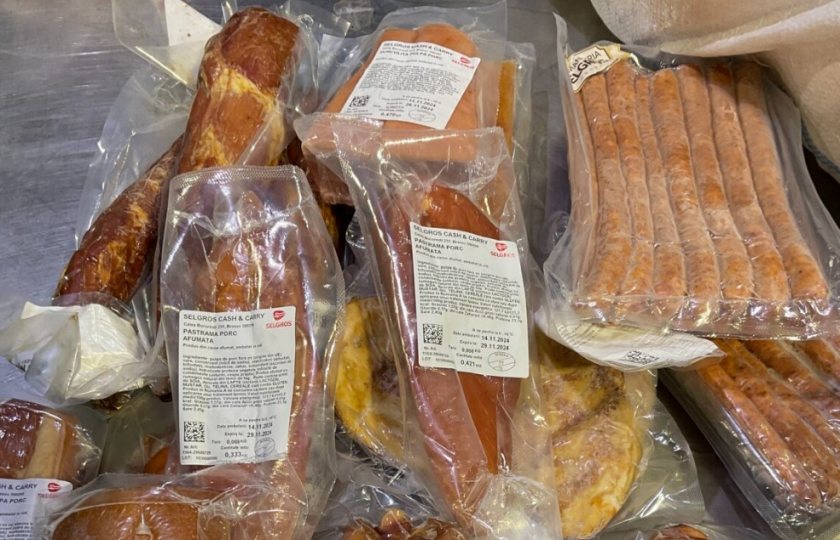
Important checks for illegal meat at the Port of Dover could soon cease completely if adequate funding is not issued by Defra, the head of port health has warned.
Lucy Manzano issued the dire warning to MPs in a recent evidence session at the Environment, Food and Rural Affairs Committee (EFRA) in parliament.
She also noted that meat from Germany continued to enter the UK for one week after the government's foot-and-mouth disease (FMD) ban came into force on 11 January, a day after the disease was confirmed near Berlin.
Currently, the Dover Port Health Authority (DPHA) operates at around 20% coverage due to financial constraints, but has still managed to seize 170t of illegal meat since September 2022.
In contrast to Defra’s repeated claims that this work at Dover is led by Border Force, Ms Manzano stressed to MPs that DPHA was the lead body.
Out of around 71 tonnes of meat seized in a year, DPHA was responsible for nearly 69t, she said, adding that in the first two days of February alone, the DPHA team removed almost 4t of illegal meat.
Yet this work may have to stop soon because funding has not been provided for the 2025-2026 financial year, DPHA’s head of port health and public protection warned.
She said that DPHA, as requested, had submitted funding models to Defra for 100% coverage and one for £6m for 50% coverage, which also cover Coquelles, the Eurotunnel entry on the French side.
But there had been ‘no substantive response’ from the department, she told MPs, adding that there were 'significant gaps in the controls that are taking place'.
"Defra is not communicating regarding the intelligence or understanding what’s actually happening on the ground, which is fairly fundamental in this," she said during the evidence session.
“If our funding is not secured within the next seven weeks, obviously coming into year-end, these checks will stop because the local authorities are not in a position to fund them.
“If we are not at the port, the seizures are not taking place and the vehicles will be put to one side until we are there to process them. That is the operational reality at the Port of Dover."
Ms Manzano added: “If we’re not there, this stuff is going out on the shelves. This is not stuff where, traditionally, it would be hard to get hold of – this meat is appearing in shops on high streets and in markets.
"You may well be going out for dinner in normal looking establishments and be consuming meat that has not been correctly processed.”
She highlighted how organised criminals were targeting the UK with pork products from places like Romania where African swine fever (ASF) is widespread.
Exports should be banned from there, she suggested, adding that the UK was seen as a soft touch due to its weak controls.
The flaws in the government’s Border Target Operating Model (BTOM) was also highlighted, as it allowed commercial meat imports to enter the country unchecked in large volumes.
“Defra has continually stated that there are robust controls in place. There are not," Ms Manzano said in the session to MPs.
"They don’t exist and they have overstated the activities of Border Force at the border to identify commercial goods,."
She added that DPHA had stressed to Defra and the Food Standards Agency that the system was "not working and we have to action change".
It comes as the National Pig Association (NPA) recently stated that its most significant concern with regards to biosecurity threats related to current commercial import controls.
The body warned that a 'disaster was waiting to happen' for the British livestock sector, following the outbreak of FMD in Germany and the growing threat of ASF.
